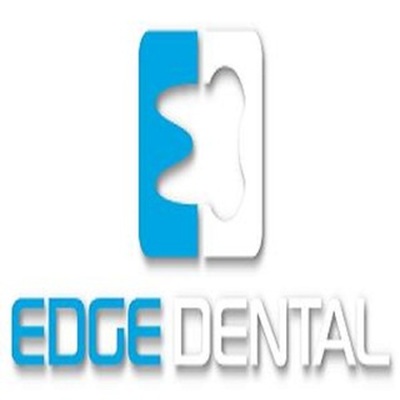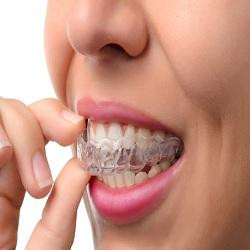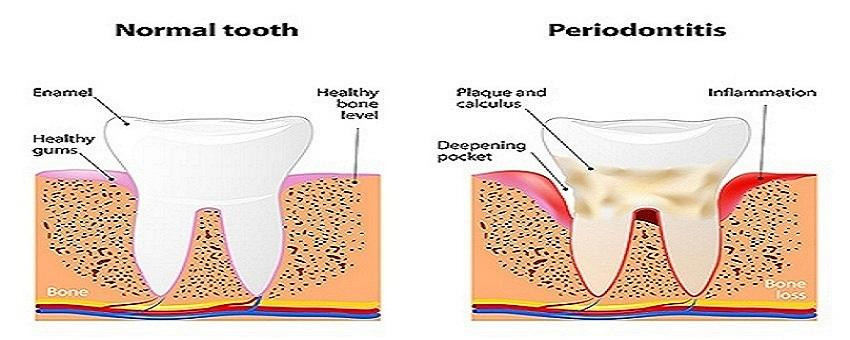Why Do Your Teeth Get Infected or Decay?
Body
Cavities are permanently damaged areas in tooth surfaces called teeth enamel that develops into tiny opening holes and openings. These are called decay or caries, caused by the reaction between your mouth bacteria and frequent snacking, sipping sugary drinks, or not cleaning your mouth well.
Moreover, cavities and tooth decay are among the most common health problem in the world. They're prevalent in childrens, teenagers, and older adults, but anyone with teeth can get cavities, even an infant. Therefore, you should consider seeking a dentist open near me for an infection-free mouth.
If left untreated, they get larger and affect the core of your teeth. They can result in severe toothache, infection, and, eventually, tooth loss. Therefore, you should consider visiting a dentist and have good dental practices such as brushing and flossing at least twice daily.
What are the Signs and Symptoms of Tooth Decay?
The signs and symptoms of tooth decay may vary and depend on your teeth' location and severity. When the cavity begins, you may not have any symptoms, but as the decay gets larger, it may cause some signs and symptoms following, such as
- Toothache occurs with pain and maybe without appearance.
- Tooth Sensitivity
- Sharp pain while eating and drinking hot and cold water or food.
- Visible pores in your teeth
- Stains and discoloration on the surface of your teeth
- Pain when you bite or eat something.
When to see a dentist
You may not be aware of cavity formation. You should consider visiting a dentist for regular checkups and cleaning, even when your mouth feels nice. However, consider visiting a emergency dentist near me if you feel any pain and discomfort.
What are the Causes of cavities and decay formation?
Tooth holes cause cavities, and this process may take time. Here is the whole process of tooth decay development.
Plaque forms
Your teeth may be covered in a transparent, corrosive, and translucent layer called dental plaque. It may result in eating a lot of carbohydrates and starches and not following good dental practices such as brushing and flushing your mouth daily. When carbohydrates and sugars aren't removed from your teeth, bacteria start to feed on them, and plaque soon forms. Moreover, tartar starts forming when plaque on your teeth hardens beneath or above your gum line (calculus). Tartar protects microorganisms and makes plaque removal more challenging, which leads to Tooth Infection.
Plaque attacks
The acids remove the minerals from the hard outermost enamel called plaque. Cavities start making small openings or holes in the enamel, brought to the degradation of a tooth. The bacteria and acid can reach the dentin, the next layer of your teeth, if portions of the enamel have been worn away. This layer of your teeth is weaker compared to enamel, and this layer is softer and less acid-resistant. Therefore, you will start feeling sensitivity due to holes in your dentin connecting directly with the tooth's nerve.
Destruction continues
The bacteria and acid that cause cavities lead to further decay or biting around the inner tooth material (pulp), which is home to nerves and blood vessels, as tooth decay progresses. The bacteria causes swelling and irritation of the pulp. Inside a tooth, there is nowhere for the swelling to grow; thus, the nerve is damaged and hurts. Even the bone outside the tooth root may experience discomfort. Thus you should consider seeking a dentist for thorough treatment and diagnosis.
Conclusion
Suppose you are suffering from pain and discomfort in your teeth and gums. Therefore you should consider visiting Cosmetic Dentistry regularly for a thorough checkup.
Article Source : https://www.spiceupblogging.com/why-do-your-teeth-get-infected-or-decay/












Comments